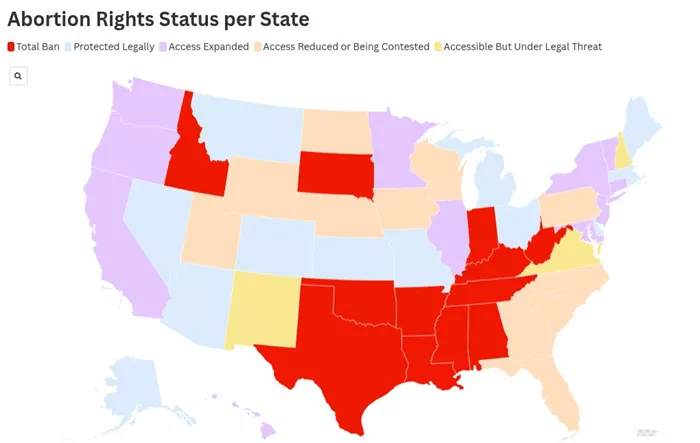In West Virginia, women who experience miscarriages may face criminal investigations or charges under new interpretations of the state’s strict anti-abortion laws, according to Raleigh County Prosecuting Attorney Tom Truman. His comments have raised concerns about how miscarriages are treated legally and the potential impact on women coping with pregnancy loss.
West Virginia law defines miscarriage as the spontaneous loss of a fetus before 20 weeks and does not classify it as abortion, so miscarriages are not required to be reported to authorities. However, Truman indicated that women who dispose of fetal remains—by flushing, burying, or otherwise hiding evidence—could face felony charges under state laws related to the disposal of human remains.
Truman told local media that prosecutors across the state have discussed pursuing criminal charges in such cases. He advised women to contact 911, a doctor, or law enforcement if they experience a miscarriage to avoid suspicion or legal trouble.
This approach raises serious concerns about privacy, due process, and mental health. Miscarriages affect 10 to 20 percent of pregnancies and can cause profound emotional trauma, including PTSD and depression. Criminalizing how women handle miscarriages risks deepening their distress and deterring them from seeking medical care.
Legal experts and advocacy groups warn that prosecuting women for miscarriage disposal blurs the line between medical events and criminal acts, fueled by the controversial concept of “fetal personhood,” which treats fetuses as legal persons.
Practical Advice for Women
Seek Medical Support: Women experiencing miscarriage should prioritize medical care and counseling to manage physical and emotional health.
Understand Legal Risks: Awareness of local laws is crucial; consulting legal counsel may help clarify rights and protections.
Document Communication: If contacting authorities as advised, keeping records of communications can be important for legal protection.
Advocate for Support: Community and healthcare providers should work to ensure compassionate care without fear of criminalization.


